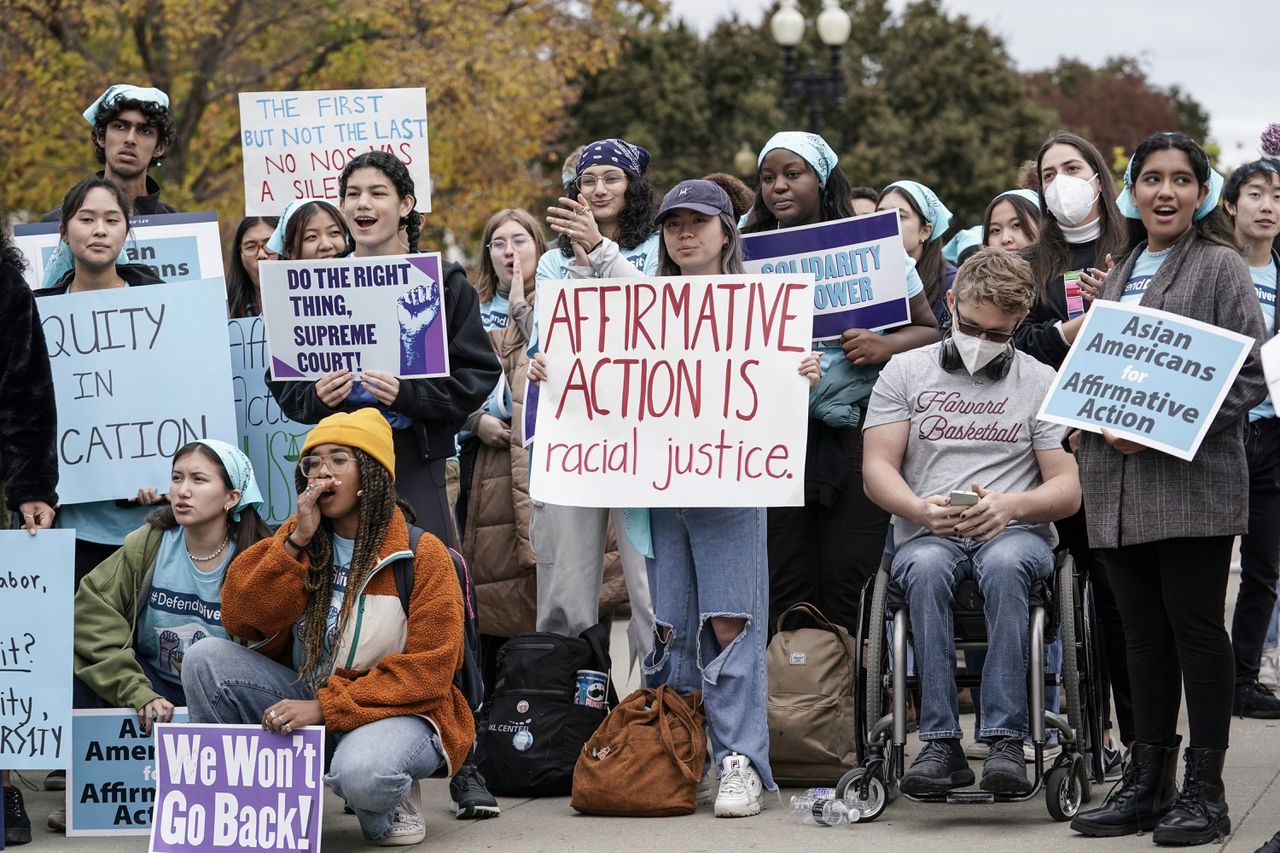Supreme Court overturns affirmative action
On Thursday, the Supreme Court ruled against affirmative action, overturning a decades old policy meant to address the inherent racism endemic to not just academia but the pillars upon which our country was built. The court was split along appointment lines, with all six Republican-appointed judges ultimately ruling in favor of eliminating the policy.
Writing the majority opinion, Chief Justice John Roberts claimed that affirmative action violates the equal protection clause of the 14th Amendment, which is meant to prevent discrimination.
Justice Sonia Sotomayor, who was one of three Democrat-appointed judges to dissent, was quick to point out the ways in which the majority appeared to misrepresent the 14th Amendment itself:
“Today, this Court stands in the way and rolls back decades of precedent and momentous progress. It holds that race can no longer be used in a limited way in college admissions to achieve such critical benefits. In so holding, the Court cements a superficial rule of colorblindness as a constitutional principle in an endemically segregated society where race has always mattered and continues to matter. The Court subverts the constitutional guarantee of equal protection by further entrenching racial inequality in education, the very foundation of our democratic government and pluralistic society. Because the Court’s opinion is not grounded in law or fact and contravenes the vision of equality embodied in the Fourteenth Amendment, I dissent.”
It’s worth noting that Justice Kentaji Brown Jackson recused herself from one of the two cases concerning affirmative action that the Supreme Court ultimately ruled on. The case concerned Harvard, Jackson’s alma mater, and where she served for six terms on the Board of Overseers.
Jackson’s decision to recuse herself for a potential conflict of interest stands in stark contrast to recent reports of Justice Samuel Alito and Clarence Thomas failing to even disclose potential conflicts of interest. Recent reports revealed that men reaped benefits from billionaire businessmen and Republican donors who had business before the court.
Fellow justices even appeared to take aim at Jackson’s prior support of affirmative action in his concurring opinion, writing that “Justice Jackson uses her broad observations about statistical relationships between race and select measures of health, wealth, and well-being to label all blacks as victims. Her desire to do so is unfathomable to me.”
After the decision, influential African Americans, including Michelle and Barack Obama, released statements opposing the ruling.
